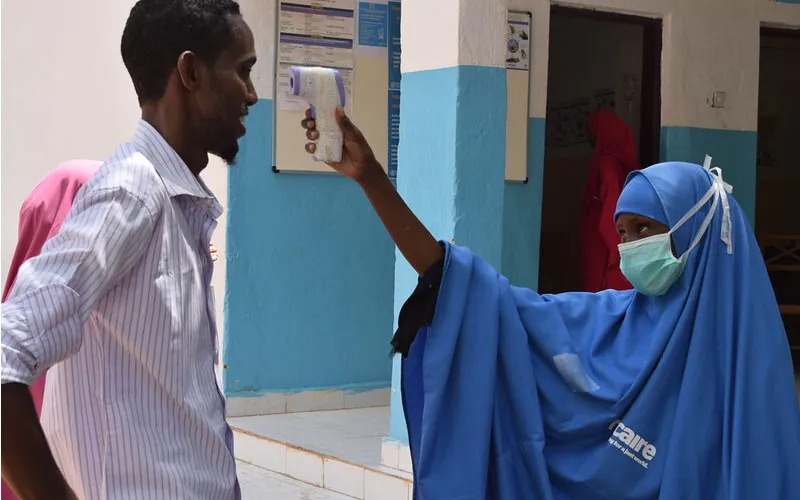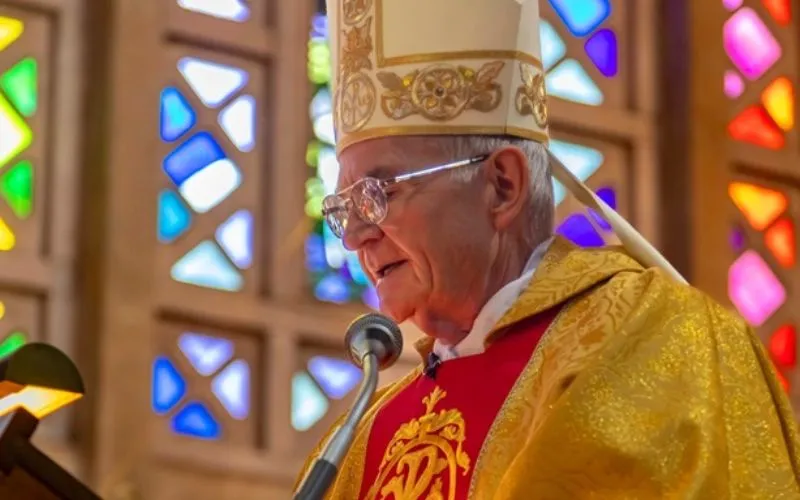Nairobi, 01 March, 2021 / 5:04 pm (ACI Africa).
On the occasion of Zero Discrimination Day marked March 1, the leadership of the overseas development agency of the Catholic Bishops of Ireland, Trocaire, has decried the discrimination of poor countries in the distribution of COVID-19 vaccines, describing it a “shocking injustice.”
In her Monday, March 1 report obtained by ACI Africa, the CEO of Trocaire, Caoimhe de Barra calls for equality and fairness in the production and distribution of the vaccine.
“Rich countries with just 16 per cent of the world’s people have bought up 60 percent of global vaccine supply,” Ms. Barra notes, and adds, “As a result, while more than 225 million people have already received vaccines across the world, only 0.02% of those people live in sub-Saharan African countries.”
In her report titled, “Poorer countries need more vaccines. Here’s how we do it,” Ms. Barra notes that “almost half of the world’s countries haven’t been able to vaccinate a single person yet.”
In making her case, Trocaire’s CEO highlights the plight of health workers in Somalia’s “remote, dusty, hot” Gedo region, where “for over 30 years, Trócaire has been the only healthcare provider.”








